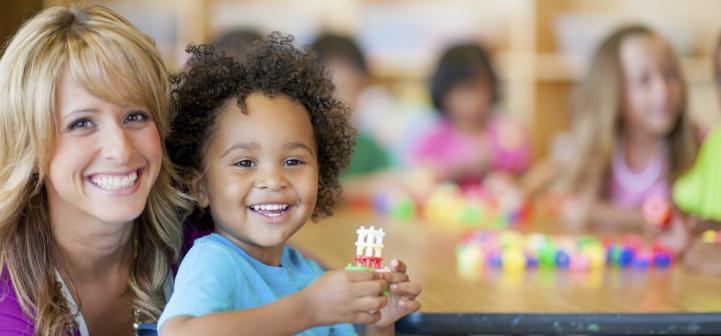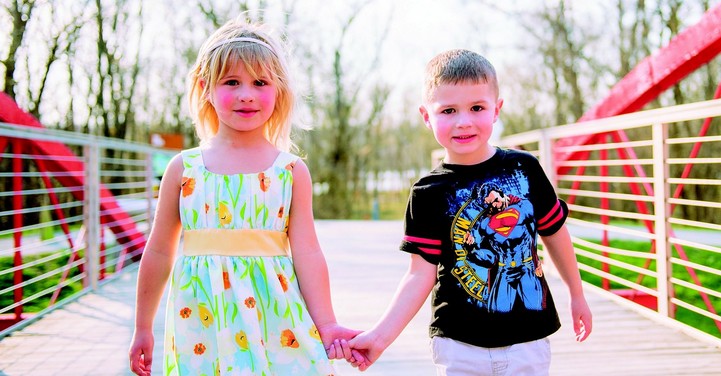
Toddlers’ thinking and language skills change so quickly between 12 and 36 months. Children go from being able to say a few words to using complete sentences. During the toddler years, young children develop clear preferences for certain toys and activities, learn how to assemble and take things apart, use their imagination, and begin solving problems and testing out ideas.
Child care providers play an important role in promoting thinking and language skills in toddlers. By reading aloud, talking with …


